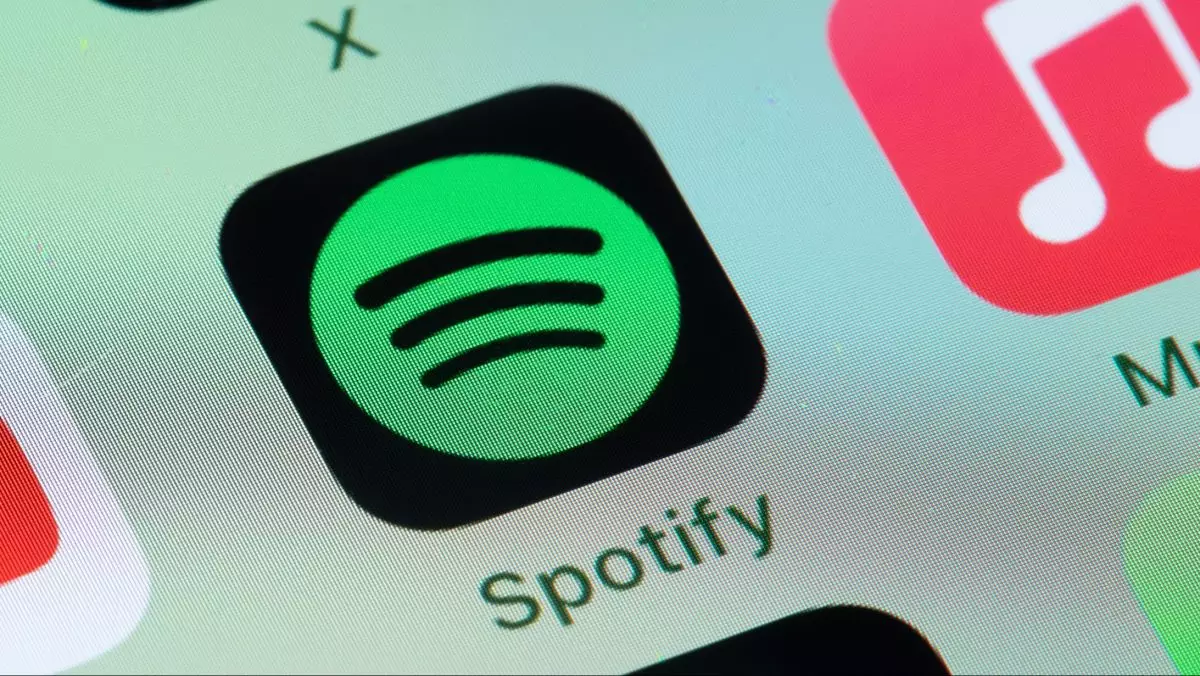In a significant shift for the developer community, Spotify recently announced that it will be barring third-party applications from accessing key features of its Web API. This decision, revealed through a developer blog post, has caused ripples of discontent among creators who depend on these functionalities for their applications. The restrictions target features that could potentially influence the development of AI-driven music recommendation platforms—a move that raises questions not just about competition but about the nature of collaboration in the tech ecosystem.
The company’s spokesperson framed this decision as necessary to address “security challenges” within today’s digital landscape. While such a reason resonates in an age where data integrity and user privacy are paramount, critics argue that curtailing access appears more as a strategic move than a protective measure. By limiting API access to features that provide insights into user behavior, Spotify may be tightening its grip on proprietary data, effectively asserting its dominance in a field where AI innovations are rapidly evolving.
The immediate backlash from developers in various online forums reflects a troubled sentiment. Many of these developers leveraged Spotify’s features to create innovative applications aimed at enhancing user experience, some of which were unrelated to AI recommendations. This creates a narrative of mismanagement—where responsible developers are penalized alongside those who might misuse the data for competitive gain. The expressions of disappointment are not unfounded; the music landscape is one built on creativity, collaboration, and sharing.
One forum participant articulated the frustration by stating that the new restrictions signal an underlying fear of competition. This sentiment raises the question: Is Spotify prioritizing the protection of its intellectual property over fostering innovation through collaboration? Moreover, the lack of advanced warning regarding these changes has left developers scrambling to adjust or rethink their applications, amplifying concerns about operational transparency from one of the industry’s biggest players.
The implications of this decision stretch beyond a mere disruption of workflows. Spotify’s announcement comes at a time when AI technology is making waves not only in the music industry but across multiple sectors. By limiting the access to its data, Spotify may inadvertently slow the pace of AI music innovation. Developers harnessing AI technologies could potentially enhance music recommendations based on rich user data, thereby enriching the overall listening experience. Yet, by curtailing such opportunities, Spotify risks stunting broader advancements that could lead to groundbreaking applications.
Furthermore, streaming platforms have rapidly turned their focus to AI integration, as evidenced by Spotify CEO Daniel Ek’s assertion regarding AI’s potential in creative endeavors. While Spotify has been proactive in developing its AI playlists and even launched an AI DJ, the decision to restrict access raises concerns about monopolistic tendencies. If independent developers’ projects face unjust limitations, Spotify could inadvertently diminish the diversity of applications available to users, creating a sterile ecosystem where innovation is stifled, and user choice is limited.
As this situation unfolds, Spotify and developers need to navigate a delicate balance between securing user data and fostering a vibrant creative ecosystem. The company has a responsibility to engage with its developer community actively, providing clearer pathways for innovation that do not compromise data security. Engaging in open dialogues about API access, user consent, and the ethical use of data can create a more collaborative environment, leading to solutions that benefit both Spotify and third-party developers.
In the grand scheme of the streaming industry, Spotify’s actions may serve as a bellwether for how companies manage the balance between competition and collaboration. Navigating these dynamics with foresight could open pathways for innovative partnerships and technological advancements that benefit users and platforms alike. Only by fostering an environment where developers feel valued and safe to innovate can Spotify safeguard its position as a leader in an ever-evolving musical landscape.

